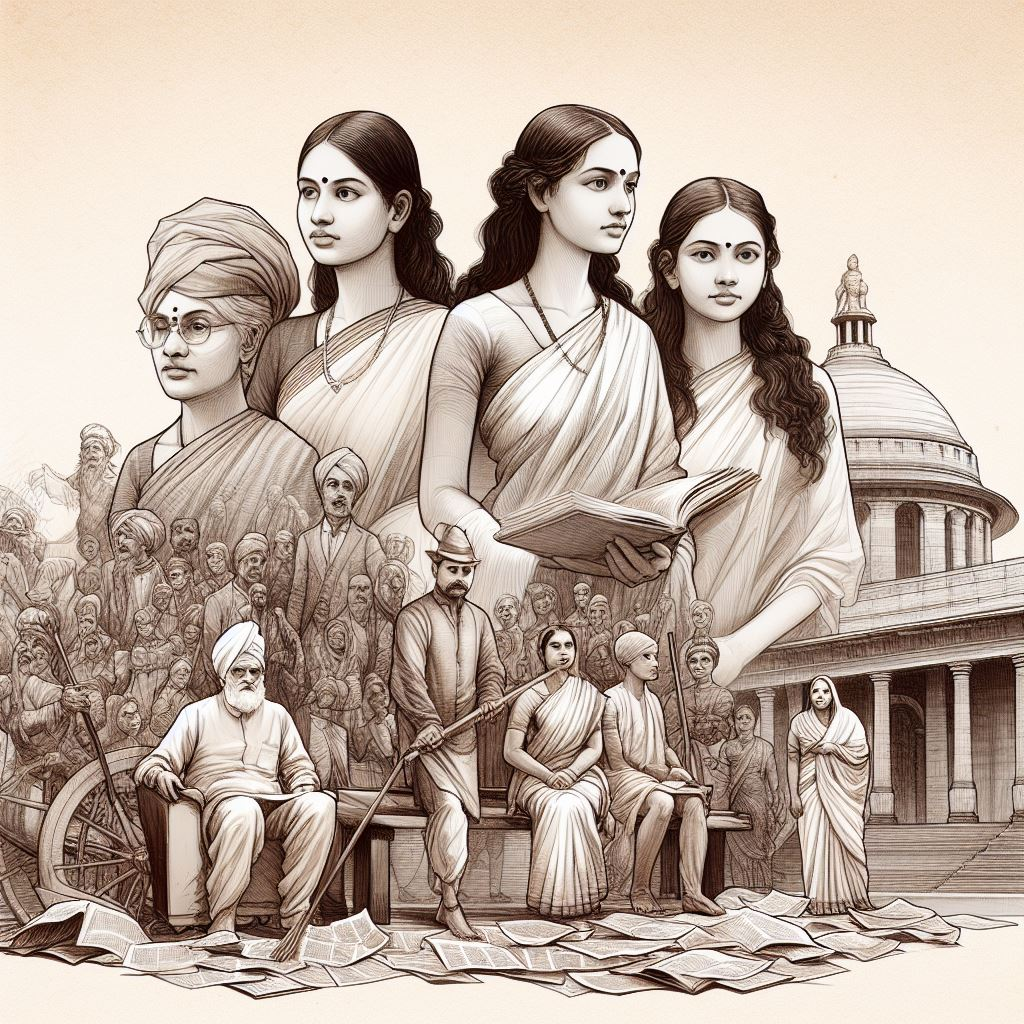Freedom is a concept that has been central to human thought and discourse for centuries. It is an idea that has inspired countless political and social movements, and has played a central role in shaping the world we live in today. However, despite its importance, the concept of freedom is often difficult to define, and even more difficult to achieve. This note will examine the various meanings and interpretations of freedom, and will explore the ways in which it has been used, both positively and negatively, throughout history.
One of the most common interpretations of freedom is political freedom, or the freedom of individuals from state control or oppression. This type of freedom is often associated with the idea of democracy, and the belief that citizens should have the right to participate in the political process, to vote, and to express their opinions freely. Political freedom also encompasses the idea of civil liberties, such as freedom of speech, religion, and the press, as well as the right to privacy, property, and association.
Another interpretation of freedom is economic freedom, or the freedom of individuals to engage in economic activity without interference from the state or other actors. This type of freedom is often associated with the idea of capitalism, and the belief that individuals should have the right to own and control property, to trade goods and services freely, and to participate in the market without interference. Economic freedom is seen as a key component of individual prosperity and economic growth, and is often linked to the idea of free trade and the elimination of barriers to commerce.
Another important aspect of freedom is social freedom, or the freedom of individuals to live their lives as they see fit, without interference from others or from the state. This type of freedom is often associated with the idea of personal autonomy, and the belief that individuals should have the right to make their own choices, free from coercion or force. Social freedom encompasses the idea of individual rights, such as the right to privacy, to form relationships, and to pursue personal interests and goals.
However, despite the various interpretations and applications of freedom, it is also important to note that freedom is not an absolute concept. While it is often seen as a positive and desirable ideal, freedom can also have negative consequences, and can lead to conflict and division. For example, political freedom can lead to the abuse of power and the suppression of minority groups, while economic freedom can lead to income inequality and the exploitation of workers. Similarly, social freedom can lead to a lack of social cohesion and the decline of community values.
Despite these challenges, freedom remains an important and central concept in our lives, and continues to be a driving force in shaping our world. In the modern era, the concept of freedom has played a central role in shaping political, economic, and social systems, and has been used to promote progress and to fight against oppression. It has also inspired countless movements for change and reform, and has been a key factor in shaping the development of modern democracy.
Freedom and Liberty
Freedom and liberty are related but distinct concepts.
Freedom refers to the state of being free from external constraints or limitations. It is the absence of coercion, restriction, or interference from others. Freedom can refer to a wide range of things, such as political freedom, economic freedom, or personal freedom.
Liberty, on the other hand, refers to the power or right to act, speak, or think as one wants without hindrance or restraint. It is often used interchangeably with the word “freedom,” but more specifically refers to the individual’s capacity to exercise their rights and freedoms.
In short, freedom is the absence of external constraints, while liberty is the ability to act on one’s own free will. While freedom is a necessary condition for liberty, having freedom does not necessarily guarantee that individuals will have the full exercise of their liberties.
In conclusion, the concept of freedom is complex and multifaceted, encompassing political, economic, and social aspects of life. While it is often seen as a positive ideal, freedom can also have negative consequences, and must be balanced with other values and principles. Despite its challenges, however, freedom remains an important and central concept, and continues to shape our world and our lives in profound ways.


